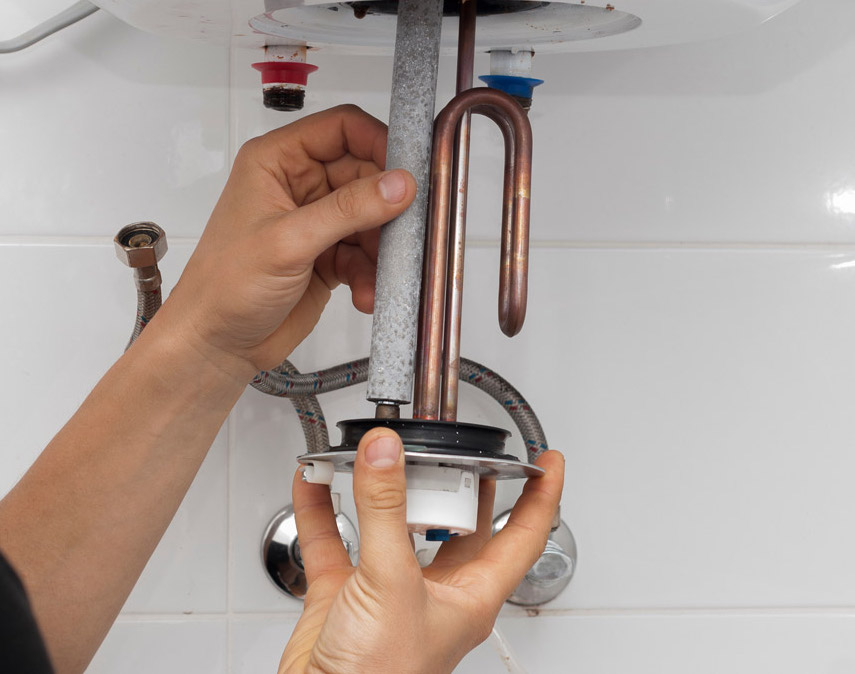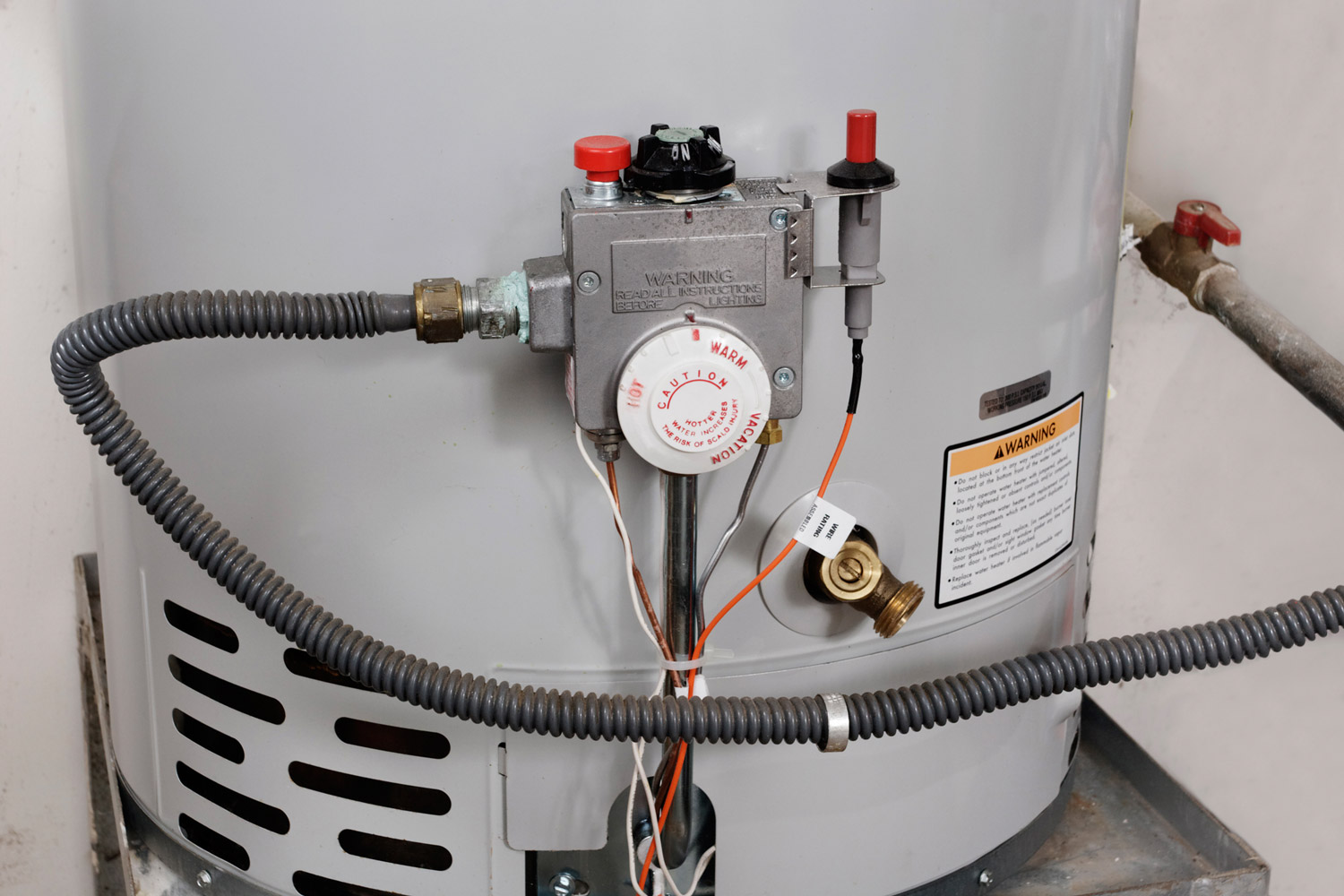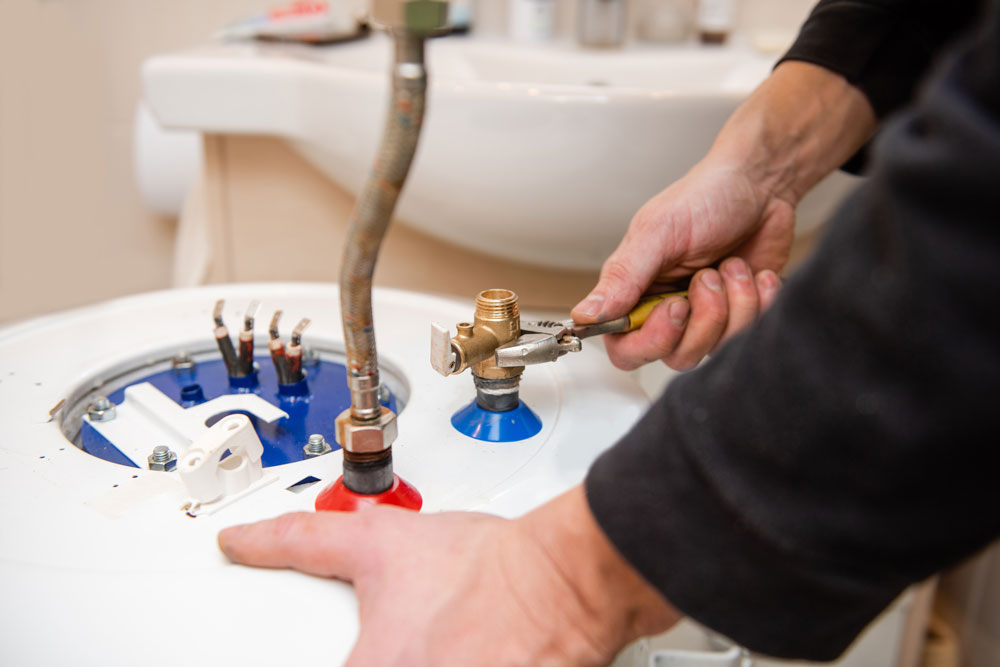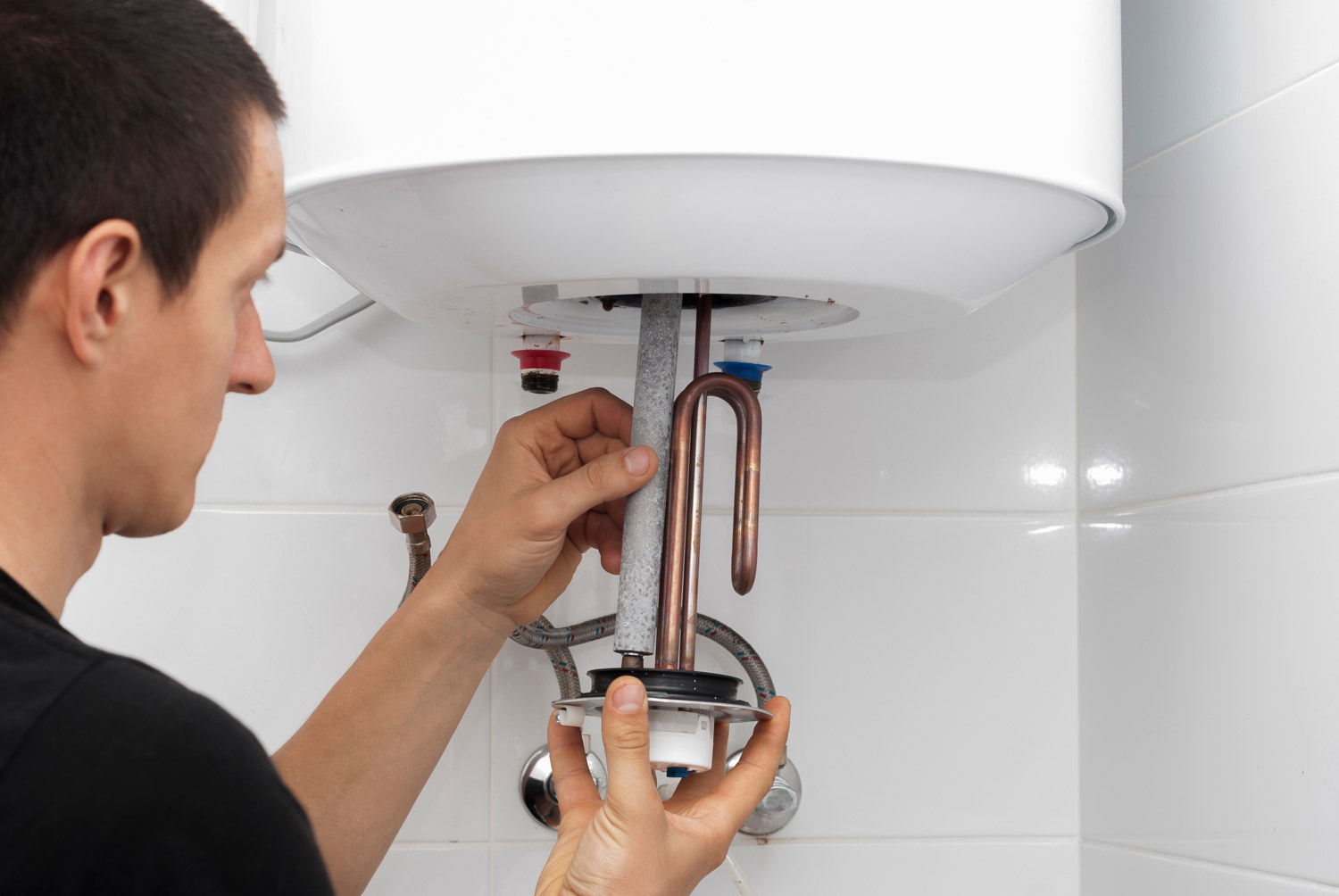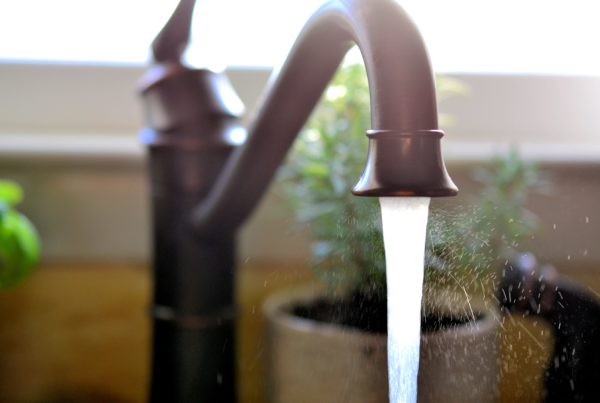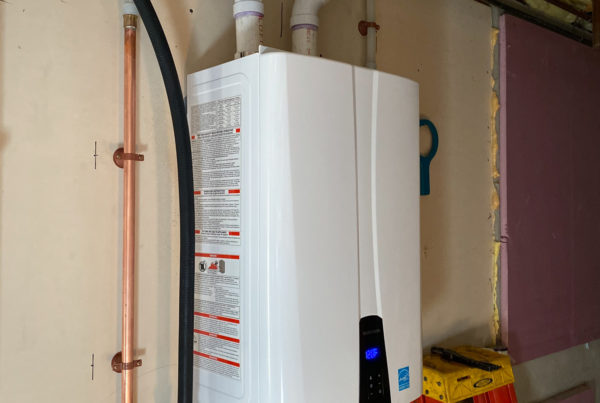It’s incredibly easy as a homeowner to forget all about your hot water heater as soon as it’s installed and working great for you. But that changes the moment something’s not right and you’re out all the gallons of hot water that you need to operate! Here’s how you can keep your unit up and running, so you can rely on it when you need it the most.
Maintaining Your Water Heater
Regular maintenance is key to a long life for your hot water heater. Spending just a couple of hours on upkeep every year can pay off by extending its lifespan giving you more years of safe use. Here are a few key elements of water heater maintenance to remember.
Flushing Your Hot Water Heater
Flushing your hot water heater (once or twice per year) gets rid of the sediment that builds up in the tank and on the heating elements and causes rumbling noises, inefficiency, and corrosion! Flushing your hot water heater means emptying your tank by attaching a hose and letting the water drain into a floor drain or large bucket. (Before a flush, you should turn off your water heater, gas connection, and cold water supply!) Opening the drain spigot and allowing the water to flow until it runs clear will rid the tank of the harmful sediment. This process should take around half an hour, but if you’re not prepared to do the flush yourself, it’s in your best interest to call a professional to handle it.
If your home really suffers from hard water—evidenced by all the sediment and scale you have to flush from your water heater—you may want to consider a water softener or water treatment system. A water treatment system will keep your water heater maintenance to a minimum and eliminate the calcium and magnesium that do such damage to your tank and its heating elements.
Checking Your Anode Rod
Periodically, you should check up on your hot water heater’s anode rod. The purpose of the anode rod is to attract corrosive material to itself to prevent that material from corroding your tank. Since its job is to corrode itself (so that your tank won’t!), you have to monitor how corroded it is so that it can still be effective. The rod should be at least ¾” thick. If it’s any less than ½” thick (or covered with mineral scale) it should be replaced by a professional.


